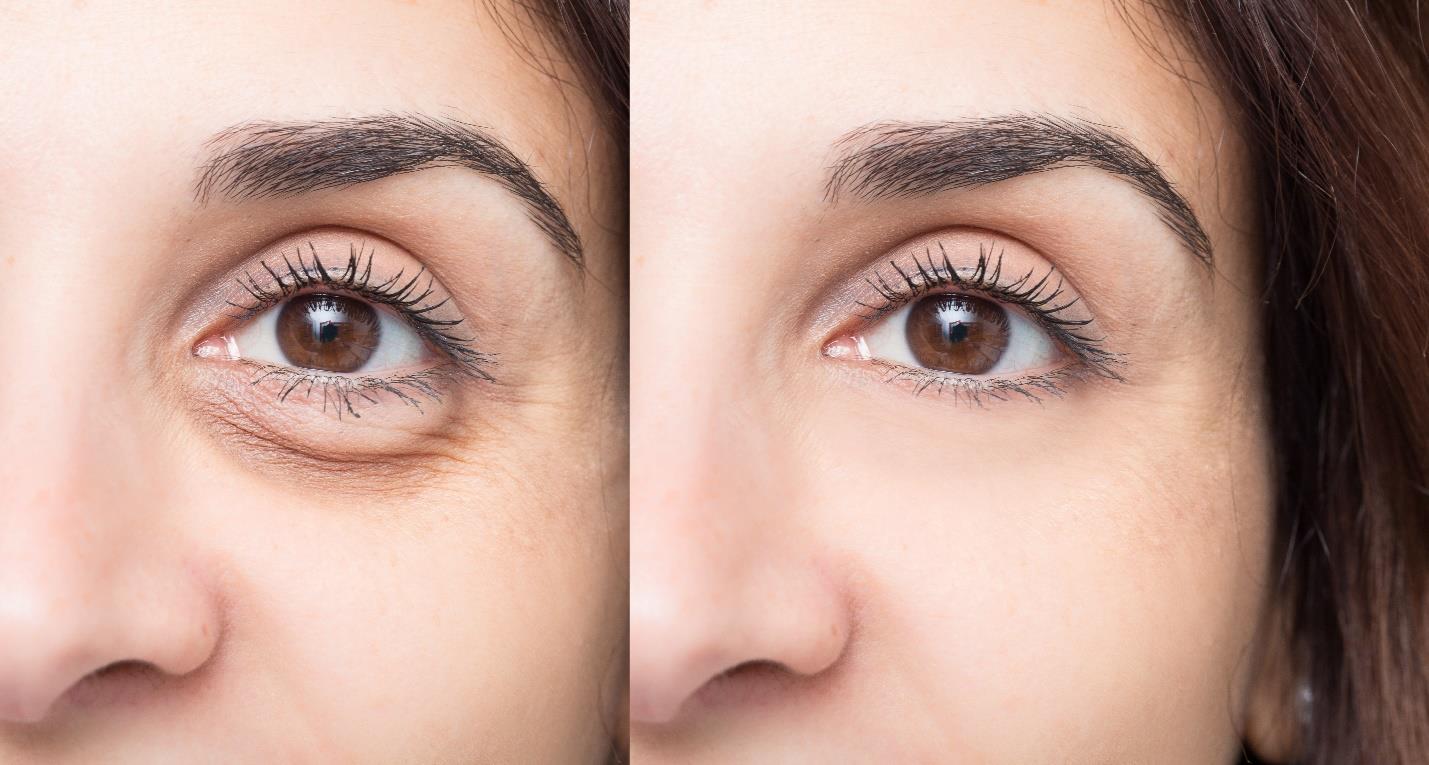Irregular periods refer to menstrual cycles that are not consistently occurring at the same interval or with the same duration. This means that the length of time between periods, the duration of periods, or both may vary from one cycle to the next.
There are many potential causes of irregular periods, including hormonal imbalances, stress, weight gain or loss, certain medications, and underlying health conditions such as polycystic ovary syndrome (PCOS) or thyroid disorders.
In some cases, irregular periods can be a sign of an underlying health problem, such as PCOS, hormonal imbalances, or other conditions. It is important to speak with a healthcare provider if you are experiencing irregular periods to determine the cause and receive appropriate treatment.
The treatment for irregular periods will depend on the underlying cause. Hormonal imbalances and certain health conditions may be treated with medications, while lifestyle changes such as diet and exercise may be recommended to help regulate periods.
Irregular periods can affect fertility because they may indicate that ovulation is not occurring consistently. Ovulation is the process by which an egg is released from the ovary and is necessary for pregnancy to occur.
In some cases, irregular periods can be a sign of pregnancy, particularly if the periods are absent or very light. It is important to take a pregnancy test if you are experiencing irregular periods and think you may be pregnant.
Yes, stress can cause irregular periods. Stress can affect the body’s production of hormones, which can lead to irregular periods.
Yes, weight gain or loss can cause irregular periods. Being overweight or underweight can disrupt the production of hormones, which can affect the menstrual cycle.
Certain medications, such as birth control pills, can cause irregular periods. It is important to speak with a healthcare provider if you are taking medications and experiencing irregular periods.
In some cases, it may be possible to prevent irregular periods by managing stress, maintaining a healthy weight, and following a healthy lifestyle. However, it is not always possible to prevent irregular periods, particularly if they are caused by underlying health conditions or medications.





